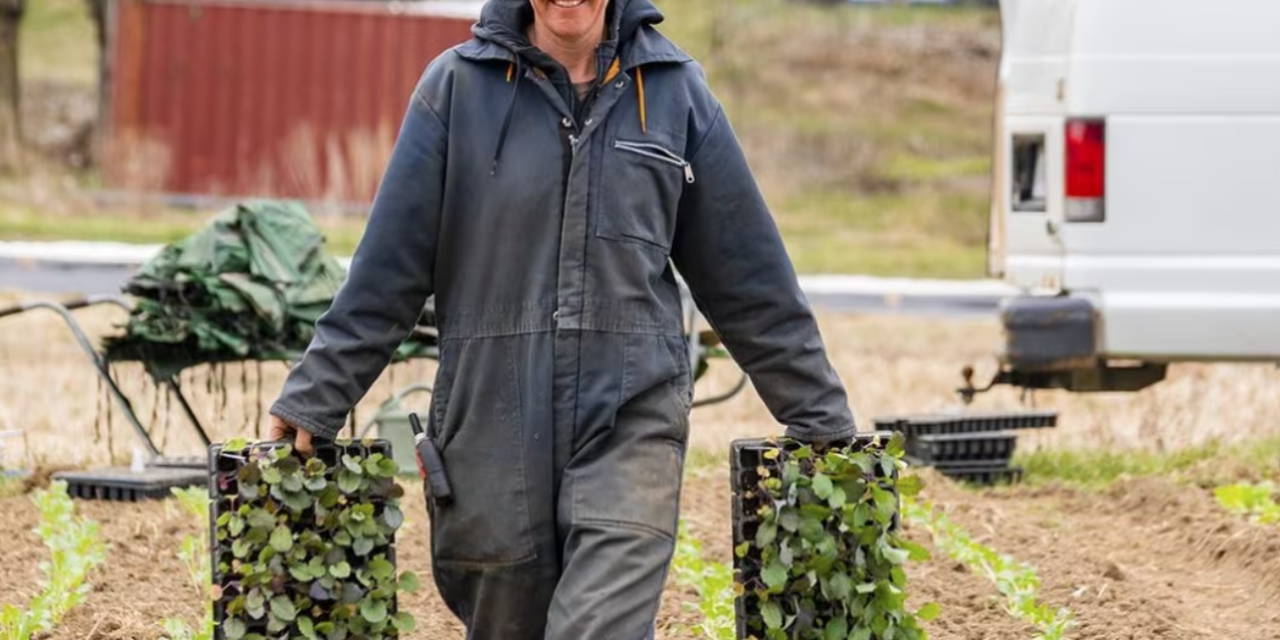Gone are the days when men were the only ones who counted statistically as
farmers.
Through the agricultural census, we’re seeing more women identify as farm
owners or co-owners, a nod to the equal-partner role they’ve long had on farms.
Officially, women are finally and rightfully becoming an y emerging farm group.
But do farming challenges affect them differently than men? That’s what
researchers want to know specifically about farm women – most lately, how they’re
handling stress, anxiety and depression.
We know being a farmer can be tough for everyone, regardless of gender.
Despite advances in mechanization, farmers are still called on daily for physically
demanding tasks.
But there’s more to it than brute strength. Researchers in Canada and the US are
learning more about how mental challenges are a huge part of farming, too.
Groundbreaking studies from the University of Guelph and elsewhere have
shown that farmers struggle with anxiety and depression at significantly higher levels
than the general population.
In 2023, a Canadian study found the drivers of experience for farm women are
centered around human factors. Their interaction with others counted the most – not
ethnicity, marital status, education, employment, economic status, farm size, farm
structure, location, or production type.
f you’re fashioning programs to help farmers handle mental health issues, and
gender is a baseline consideration, you must know details about your audience’s needs.
At the University of Illinois, researchers recently surveyed 536 farmers — about
70 per cent men and 30 per cent women — who were primary owners of a farming
operation. They found women experienced more severe anxiety and depression. And
the odds of geographic isolation causing depression in women were four times higher
than for men.
“This emphasizes the need for continued support in rural farming communities
with limited mental health services,” said researcher Josie Rudolphi. “Providing services
and resources that increase perceived social support among women farmers could
improve their mental health outcomes.”
Among farmers who indicated low family support, women had 12 times higher
odds of depressive symptoms and eight times higher odds of anxiety symptoms than
men in the sample. And troubled interpersonal relations contributed to higher stress
levels for women than for men.
The Illinois researchers say their findings reflect women’s social role, on and off
the farm. They’re often expected to do housework and provide care in addition to farmwork.
So they’re more impacted by negative events that happen to friends and family.
“It seems as though women, even when they are in partner relationships, are not
receiving the sort of social support from their partner that men report getting,” Rudolphi
said.
Well-founded information like this is needed by institutions such as the Canadian
Centre for Agricultural Wellbeing and the North Central Farm and Ranch Stress
Assistance Center.
Farmers’ mental health is an emerging field of study, one that dearly needs
support. It’s not sustainable to have people who produce our food feeling so isolated
and stressed.

